Are You Emotionally Regulated?
When I was coming down from meth, I could count on 4 things:
--Binge eating;
--Legarthic muscles;
--Hard, dreamless sleep;
--Emotional rollercoasters.
The unpredictable emotions were the worst for me. I used to say, "I'm in my Tee-motions right now, so disregard the spontaneous sobbing."
Tee-motions. Get it?
As you probably know, crystal meth causes the highest level of dopamine (happy chemicals) the brain can ever experience. Once in shock, the brain's job is to bring equilibrium. That requires an infusion of sad (norepinephrine and serotonin) chemicals.
So, once the meth wears off, you are left with a brain full of sad chemicals and burnt dopamine receptors. It's like a gray wasteland.
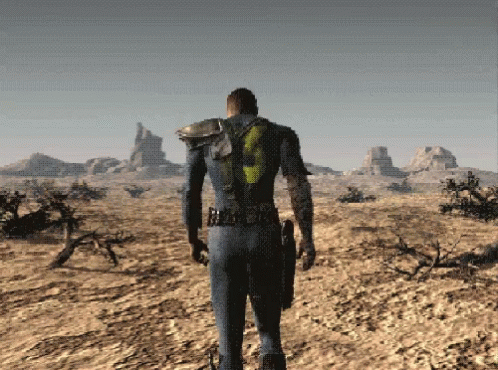
The funny thing is that I preferred the wasteland's numbness over facing the raw and unbearable emotions of real life, which is why I would relapse: to escape.
Sound familiar to you?
I believe effectively processing emotions is THE key to successful sobriety—the key to successful living.
And it is also the least understood and most undertaught skill. If we offered classes on the subject in our public schools and post-secondary education institutions, we would see a downturn in addiction.
By the way, I'm taking one more new client for my 1:1 Coaching Program in the month of September. Click here to apply.
Emotions are Energy-in-Motion. There are no 'negative' or 'positive' emotions; they are all charged energy.
We identify feelings such as anger or fear as 'negative,' which leads to fighting or avoiding them (See my recent newsletter, Doing the Hard Stuff in Recovery, for more on this).
Everything is always working for our benefit, including our emotions.
The "negative" emotions are the body's way of alerting us that our belief system is out of alignment. The energy is having difficulty moving through the body (Energy-in-Motion).
What are beliefs? They are the narratives we accept about ourselves and the world. Your body knows when they are false.
This may show up as a rolling stomach, pain in the chest, rapid heartbeat, etc.
When we feel these sensations, we tend to react with condemnation. This adds even more intensity to the emotion, and soon, our nervous system is all out of whack.
The response that will lead to processing the emotion and discovering where your beliefs are misaligned is curiosity.
Why is this important?
The misaligned beliefs you accept about yourself are the driving force behind active addiction. Every time.
In my Coaching Program, Recovery Alchemy, I use the Emotional Regulation Worksheet to help my clients both identify misaligned beliefs and process emotions as they arise.
Here's a quick sample: the beginning of a process meant to reconnect the addict with their body and learn how to keep that energy in motion.

- Get into a meditative state.
- Bring a scenario into your mind that stimulates strong emotion.
- Feel where it shows up in your body.
- Use curiosity to ask where it came from and what it wants.
Once you've practiced curiosity in this manner, we can begin working together to pinpoint the emotions tied to misaligned beliefs.
And most importantly, overwrite those beliefs that keep us running back to meth. It is honestly so much fun and life-changing.
If this interests you, I am taking one more 1:1 client for September. Click here to apply.
Alright, guys, let's feel our emotions this week.
Love, Dallas 💚
September 17, 2024
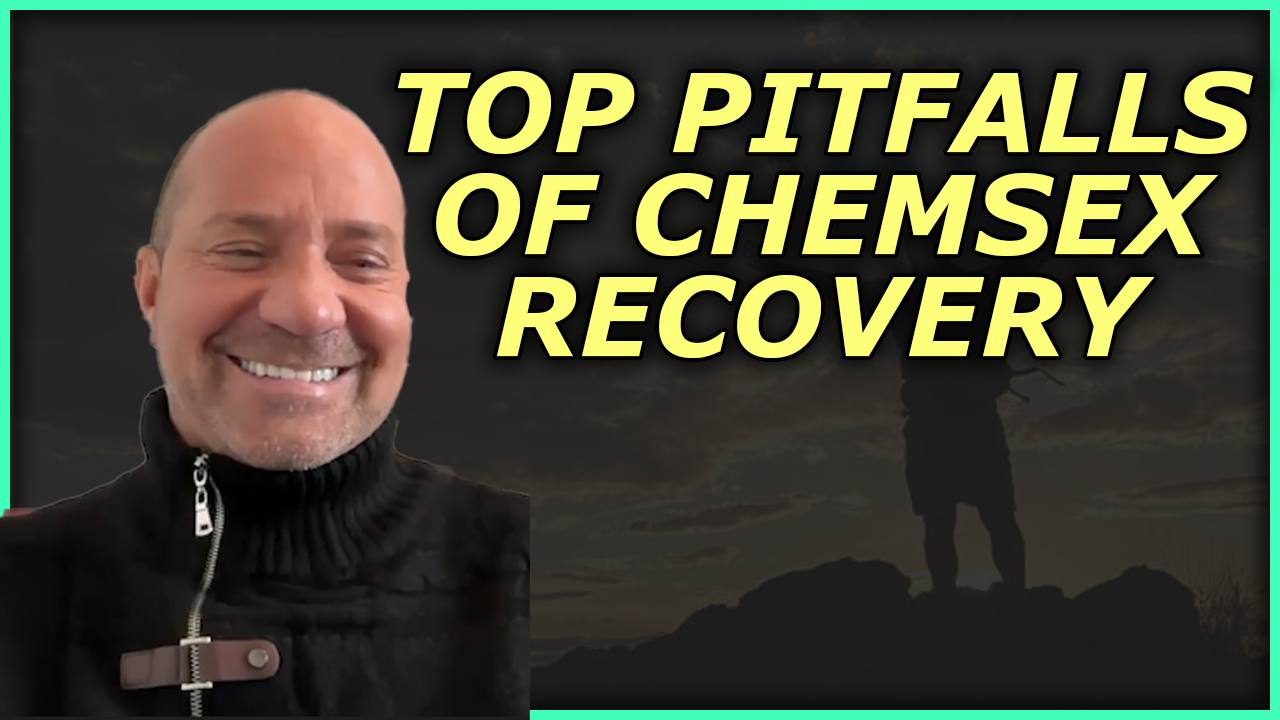
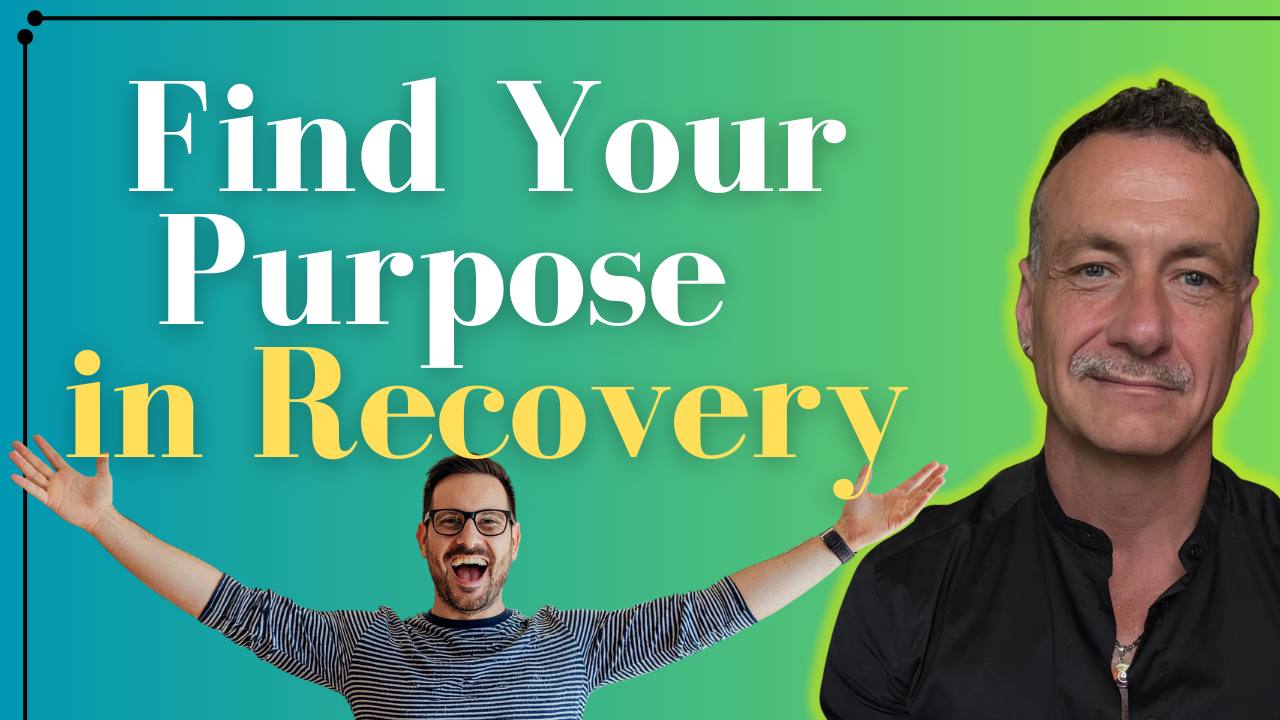
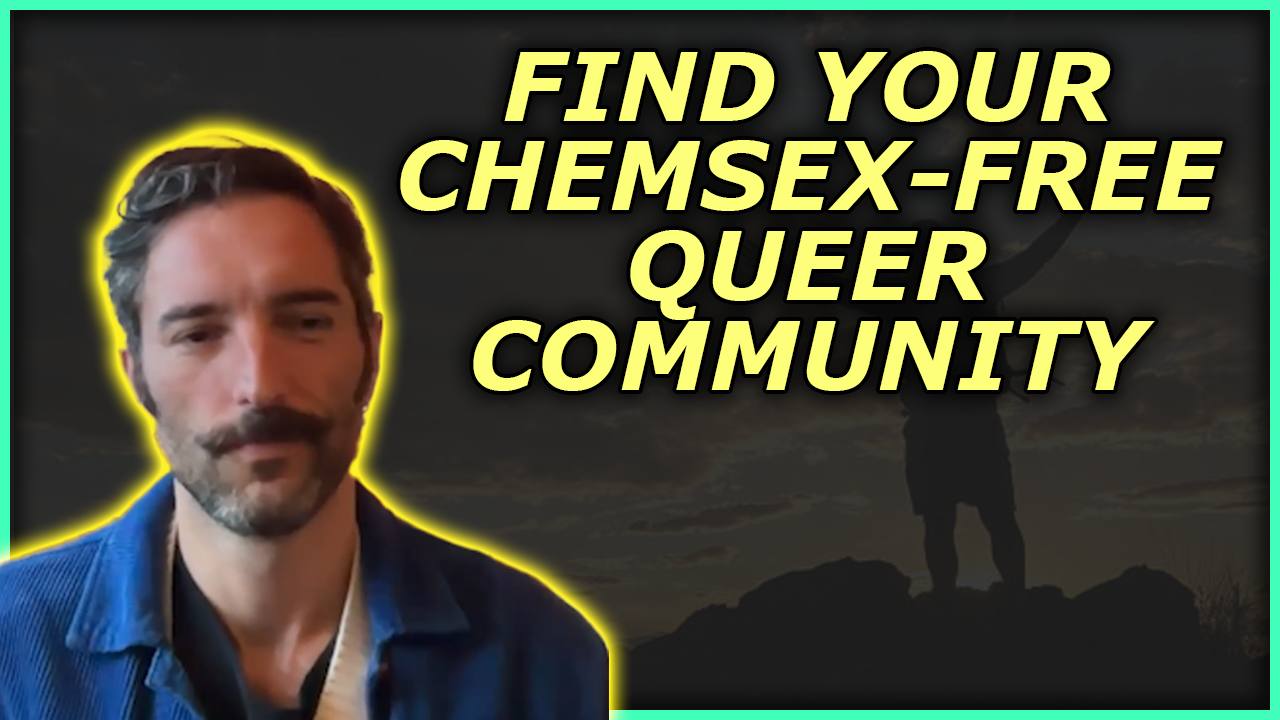
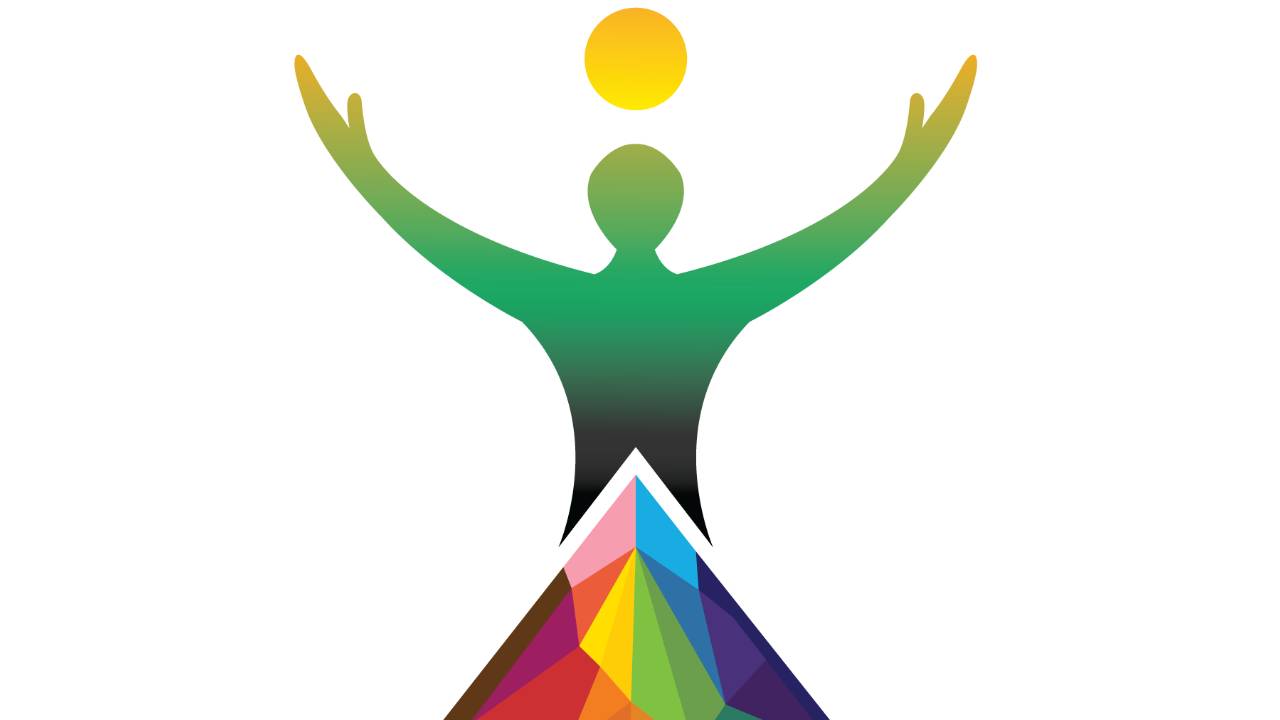
Responses